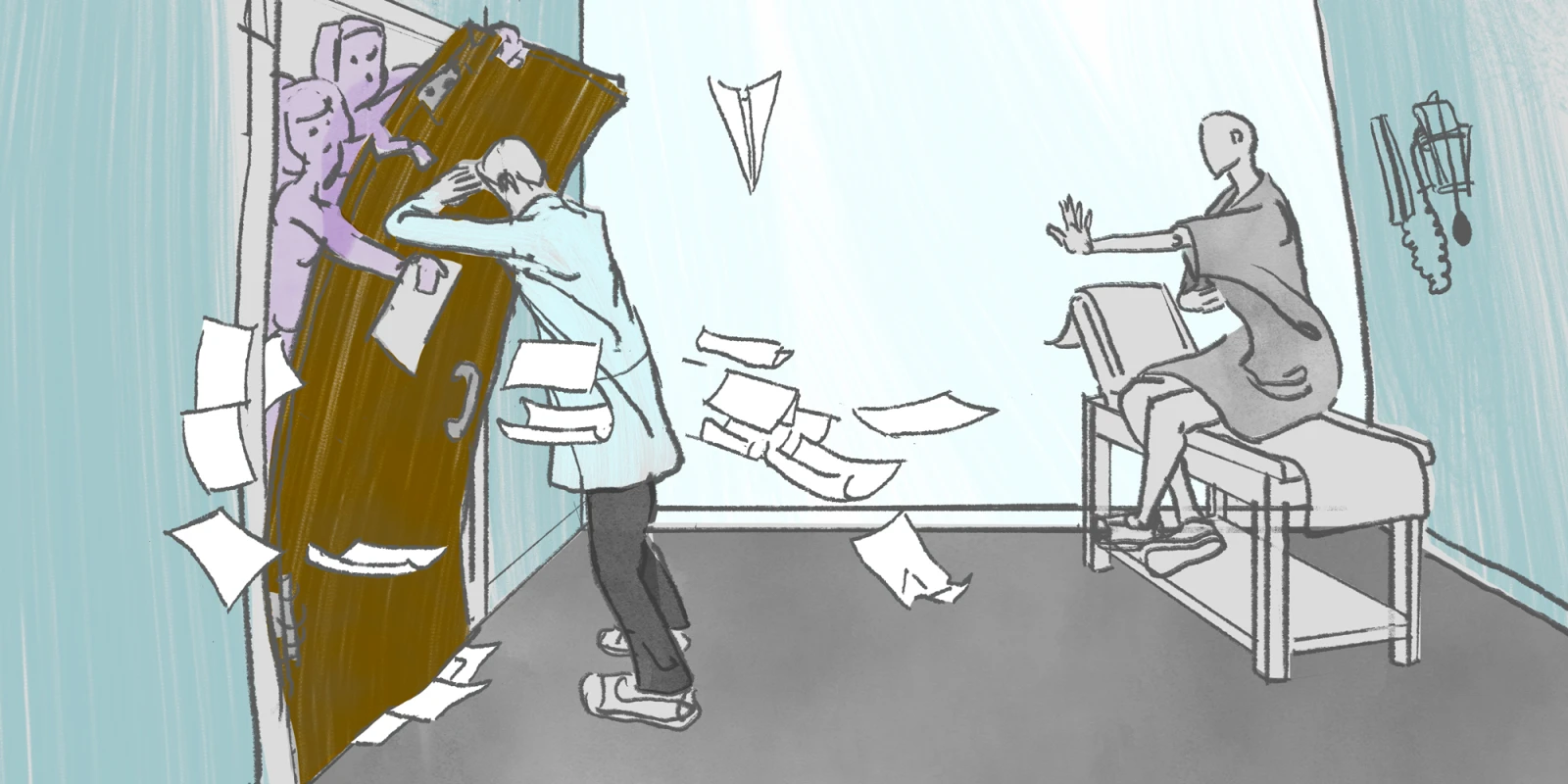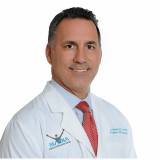An elderly patient came to see me with terrible shoulder pain, which I suspected was caused by a degenerative rotator cuff tear. As any good orthopaedic surgeon would, I ordered an MRI.
I had invested in a magnet a decade ago, yet despite jumping through the “credentialing hoop,” which cost time and money, my in-house radiology technologist was not permitted by Medicare to perform the study, even though our MRI machine was only 15 feet from where the patient was sitting.
As a result, my patient had to go across town to secure an appointment for an MRI exam. Then after the exam, she had to schedule another appointment with me so I could review the images and discuss a treatment plan.
The process took multiple appointments across several days when it should have only taken one appointment and a few hours. This kind of runaround is not an isolated incident, but an incident I suspect many of my fellow clinicians can relate to.
I’ve been in the trenches of the U.S. health care system for over 25 years, and in those 25 years the system has devolved into a nightmare.
U.S. health care is becoming increasingly entrenched in bureaucracy, and health care providers have little to no say in how to give effective, efficient care to their patients. We can’t get paid fairly without deciphering endless walls of medical codes only intelligible to trained professionals.
Staff at insurance companies with no medical training are the ones who dictate what constitutes reimbursable care. Their interference fundamentally disrupts the doctor-patient relationship, delays or prevents delivery of care, and presents new obstacles to new approaches that would improve patient outcomes and reduce costs.
Since the implementation of the U.S. Affordable Care Act, health care in America has become an even greater bureaucratic nightmare than before. What started as incremental interference in the relationship between doctor and patient with the passage of the Medicare Act of 1965 is now an impenetrable barrier made up of government and health care insurance industry red tape. The result is higher costs and greater inefficiencies.
Despite the political debates and media coverage on health care policy and reform, there remains little or no feedback from the people in the trenches — the physicians and other health care professionals who provide patient care. It is imperative that we, as clinicians, challenge the increasingly entrenched bureaucracy in our health care system. Doctors, nurses, and patients need to have a voice in the problems engulfing care.
Like many who set out to be doctors, I joined the profession because I wanted to help and to heal. I want to be able to provide my patients with the care they need, at the time they need it, minimizing any interference to that process. With the ever-increasing costs and complications in our health care system, this ideal has become seemingly impossible to attain. It is essential that we educate Americans on the root causes of these problems and demand meaningful reform.
I believe the most important thing we can do to bring about change in our broken system is to involve health care providers in the conversation — not just politicians, lobbyists, and insurance administrators who have no medical training or experience in patient care. Doctors, nurses, and other providers know better than anyone what their patients need. We are the ones who experience the daily frustration of a bloated, over-regulated system, so our voices must be heard.
We need to get rid of the middleman — administrators and insurance companies — to create a more efficient and less-bloated system. Additional administrators only add to the cost of health care while doing nothing to contribute to actual care. Health insurance companies are businesses above all else, and they will always put money in their pocket above a patient’s well-being.
We need to encourage more all-in-one facilities so patients do not need to wait weeks to see results that should be available in a few hours. Not only would this streamline care, it would also significantly reduce costs, allowing providers to be more transparent about pricing.
We need to teach doctors to collaborate rather than to compete. They must stand together in the health care debate, offering solutions rather than capitulating to lobbyists and insurance companies.
We need to educate the public on the issues doctors and patients face from today’s inefficient health care system. Change can only come from a public that demands it.
We, as a profession, must accept some blame for many of the developing problems in health care delivery. No, I am not suggesting that we caused the problem. I am stating that we have had ample opportunities to manage the debacle and even to reverse some of the disturbing trends, yet we rarely allow our voices to be heard.
Is health care reform possible? It certainly is. But we, as doctors, need to step up to the plate, stand up to the growing bureaucracy in the system, and make sure our voices are heard. Change will be long, slow, and painful, but we can’t allow the system to continue to swallow us whole. The change must come from us.
Should clinicians to lead the way on health care reform? Share your thoughts in the comment section below.
Alejandro Badia, MD, FACS, is a hand and upper extremity orthopaedic surgeon at Badia Hand to Shoulder Center in Miami and previously served as chief of hand surgery at Baptist Hospital of Miami. He is the founder of OrthoNOW®, a network of orthopaedic walk-in care centers, and the Miami Anatomical Research Center, as well as the author of "Health Care From the Trenches.
Illustration by Jennifer Bogartz







